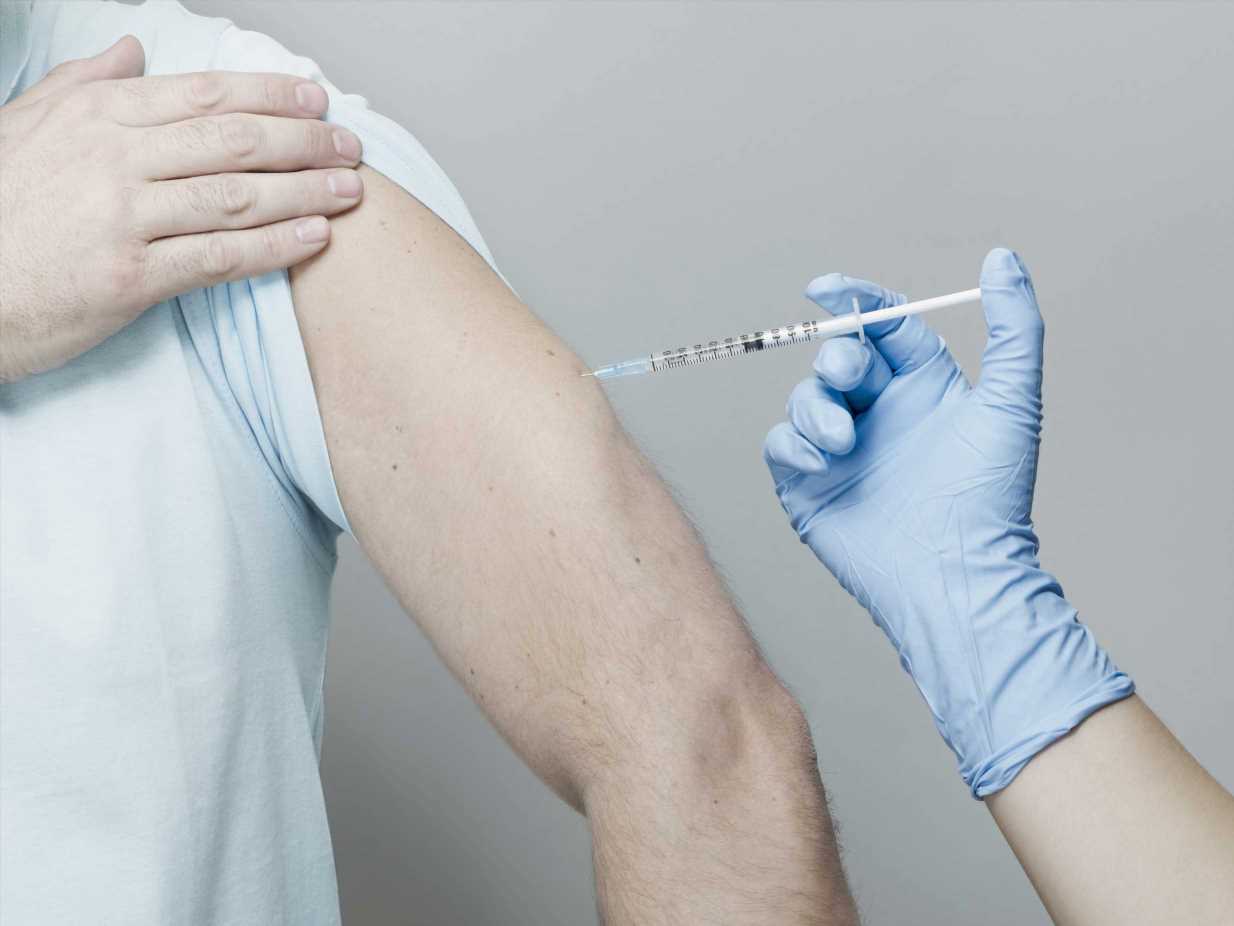ENGLAND could launch the world’s first gonorrhoea vaccine programme to slash STI rates.
Cases of 'the clap' are at a record high with 82,592 in England in 2022, compared to around 55,0000 in 2021 and 31,000 in 2013.
There are also fears the bug will mutate to become an antibiotic resistant “super-gonorrhoea” that is hard to treat.
The Joint Committee on Vaccination and Immunisation now says people at high risk should get a meningitis shot to protect against infection.
Both are caused by similar bacteria and the MenB vaccine already used on the NHS could prevent up to four in 10 cases, it is estimated.
Professor Andrew Pollard, chair of the JCVI, said: “This would be a world first and should significantly help to reduce levels of gonorrhoea, which are currently at a record high.”
Read more on STIs

Gonorrhoea warning as cases surge by 21% – the six signs to look out for

Do you know your HPV from your smear? 90% of women don't & it could cost lives
Katy Sinka, head of sexually transmitted infections at the UK Health Security Agency, added: “A vaccination programme to impact on gonorrhoea cases would be hugely welcome to ensure we are better prepared to address this increasing threat.
“We saw a rapid rise last year with more cases than ever before.
“And with gonorrhoea becoming increasingly resistant to antibiotics, tackling this infection is a serious concern.”
A rollout, if signed off by health ministers, would likely target gay men and people who have a lot of sexual partners.
Most read in Health

Incredible Smartphone app can tell if you’re drunk with almost 100% accuracy

Man who lost his face to 7,200-volt electric shock gets world’s 1st eye transplant

Cutting daily calories by just 12% could add years to your life

Scientists discover alarming time it takes brain to repair from alcohol damage
Gonorrhoea is mainly spread by unprotected sex and oral sex.
Many people do not experience symptoms so pass it on unknowingly, and it can cause fertility problems or even sepsis if untreated for a long time.
It can be easily diagnosed with a swab or urine test and treated with antibiotics.
Official figures show around seven in 10 cases are in men.
The Department of Health will decide whether to begin the vaccine programme.
Source: Read Full Article

